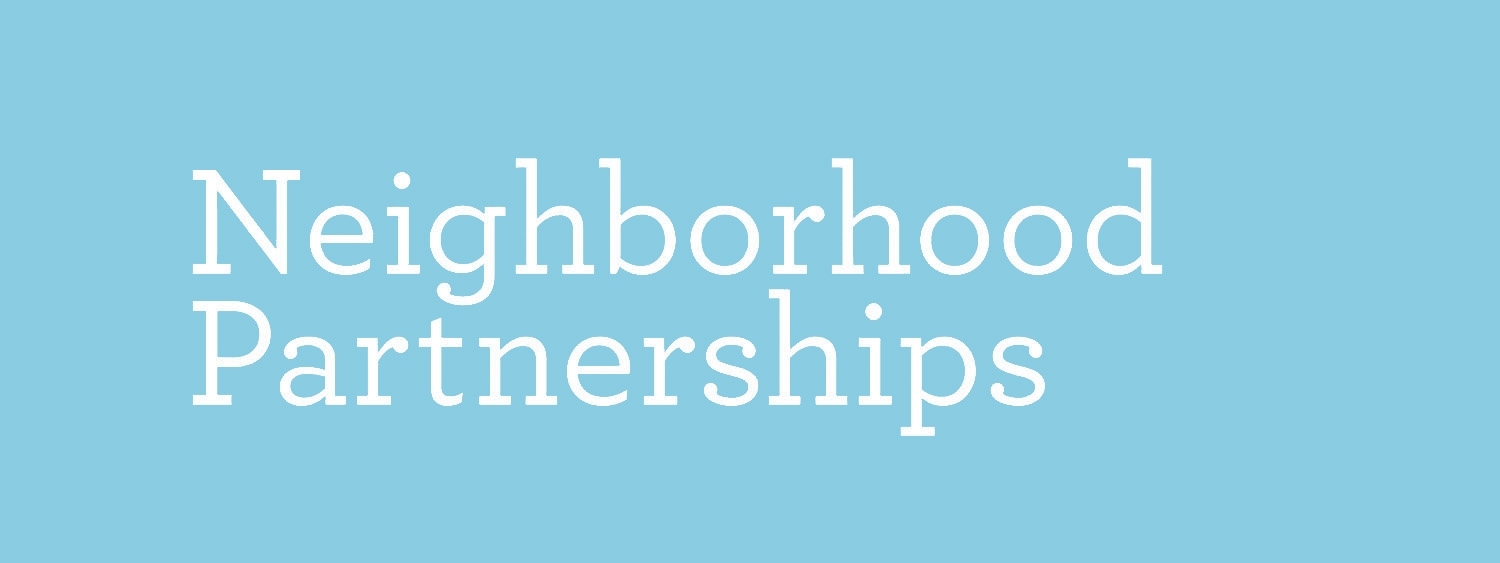The 2021 Housing Opportunity Agenda
The 2021 Legislature should act to help Oregonians achieve housing stability. These proposals are the Housing Alliance's recommendations to support more Oregonians to access opportunity through safe, stable, and affordable housing.
Prevent and End Homelessness (HB 5011): Across Oregon, we have a statewide system to distribute emergency rent assistance, rapid re-housing resources, and emergency shelter support through the Emergency Housing Account (EHA) and the State Homelessness Assistance Program (SHAP). Significant resources are needed to meet the needs of people experiencing housing instability. In 2021, the Legislature should commit $50 million to these two programs. Result: The Legislature committed $40 million to EHA and SHAP, and an additional $27 million to emergency shelter for the 2021-23 biennium.
Long Term Rental Assistance (HB 3184): In Oregon, three out of four households with extremely low incomes pay half of their income towards rent. Long-term rent assistance is an effective strategy to provide stability. Existing resources are insufficient to meet the need as only one in four households that are eligible for long-term rent assistance receive it. HB 3184 would fund a cost analysis study to assess the cost of providing a long-term rent assistance. Result: This bill did not move forward this session.
Protection tenants from eviction (SB 282, SB 278): The Legislature must continue to protect Oregonians from eviction due to COVID-19. The Legislature passed SB 282 which: creates a grace period for rent missed during the COVID emergency period (April 2020 - June 2021). Back rent can be paid (or rent assistance can pay) any time before February 28, 2022. In addition, the bill provides an opportunity for tenants to expunge any evictions that happened during COVID, allows people to double up, and provides additional protections from retaliatory evictions. Read more details here. SB 278 tries to address problems in delivering rent assistance by providing anyone who has applied for assistance with an additional 60 days prior to eviction from the date they notify their landlord. Additional details coming soon. Result: Both bills passed.
Property Tax Exemption, Updates for affordable housing (HB 2456): Over the years, the Legislature has authorized several local option property tax exemptions for affordable housing, including ORS 307.515 and ORS 307.540. Local option property tax exemptions are one tool local jurisdictions can use to help incentivize and make affordable housing developments financially viable in their communities. Recently, the federal government made a critical change that will allow for more people of different income levels to be served by affordable housing. The Legislature should update the local option property tax exemptions to align with this new criteria. Result: Passed!
Property Tax Exemption, sunset extension (HB 2446/SB 155) : Over the years, the Legislature has authorized several local option property tax exemptions for affordable housing. In 2015, the Legislature allowed projects that had previously qualified under ORS 307.130 to maintain their exemption in order to maintain affordable housing in communities across Oregon. The Legislature should extend the sunset on this exemption. Result: HB 2446 passed!
Preserve and Maintain existing affordable housing (SB 5534): Across Oregon, we need to maintain our supply of existing affordable housing, and reinvestment is needed to maintain safe, stable, and affordable homes. These funds are needed to help to maintain all regulated, multifamily affordable housing, as well as public housing and manufactured home parks. The Legislature should commit $100 million in Lottery Bonds to meet needs to maintain existing affordable housing across Oregon. Result: Success! The Legislature committed $100 million in general fund dollars in HB 5006 for this purpose!
Increasing our supply of safe, stable, and affordable housing across Oregon (SB 5505/SB 5506): Additional resources to develop regulated affordable housing are needed, including rental and homeownership opportunities. Since 2015, developers have successfully utilized general obligation bonds to build affordable housing through the Local Innovation and Fast Track, or LIFT Housing program. In 2021, the Legislature should commit $250 million in Article XI-Q General Obligation bonds to this successful program. Result: Success! The Legislature committed $410 million in Article XI-Q General Obligation bonds for both LIFT and Permanent Supportive Housing!
Allow the development of regulated affordable housing (SB 8): SB 8 would remove barriers to affordable housing development by changing our land use laws to: to allow affordable housing to be built in land currently zoned for commercial land, publicly owned land, and religiously owned land; to create a density bonus for affordable housing; to broaden eligibility for SB 8 (2019) to allow more affordable housing developments to have protection from frivolous appeals when affordable housing developments challenged to LUBA can be awarded attorneys’ fees. Result: Passed!
Foreclosure Moratorium & Foreclosure Counseling (HB 2009, HB 3209): As the pandemic continues to impact people's ability to go to work, homeowners are at increased risk of foreclosure and it's devastating impacts. The Legislature should reinstate the foreclosure moratorium (HB 4204, 1st Special Session, 2020)(HB 2009) to protect homeowners from losing their homes in a global pandemic. In addition, organizations provide counseling to homeowners facing foreclosure to help them successfully navigate the Oregon Foreclosure Avoidance program, and find an agreement with their lender. The Legislature should commit $5 million in 2021 through HB 3209 to provide counseling to homeowners at risk of or facing foreclosure. Result: HB 2009 passed, and a foreclosure moratorium is in effect now through September 30, 2021. $3 million for foreclosure counseling was included in HB 5011.
Oregon Individual Development Account (IDA) Initiative (HB 2551): The Oregon Individual Development Account (IDA) Initiative is a matched savings program which is one of Oregon’s only tools to help people with low incomes build assets such as a home, a small business, or an education. The Initiative is flexible, and supports the unique approaches of culturally specific, rural and urban partners as they work to build better futures in their communities. The Initiative has been funded through a state tax credit. Result: Success! An extension of the IDA tax credit was included in HB 2433, the tax credit omnibus bill, and $7 million in general fund for the IDA Initiative was included in HB 5011.
In addition, the Housing Alliance has endorsed several proposals.



